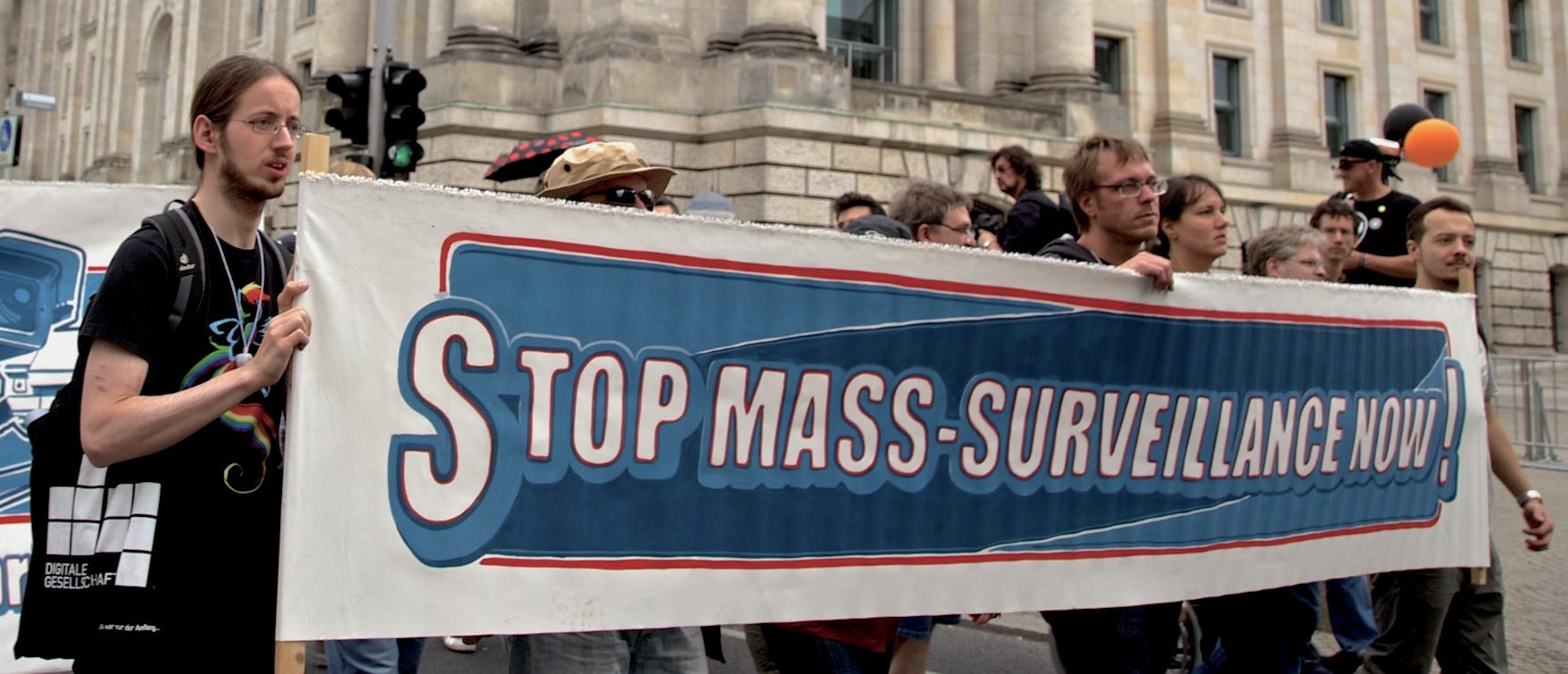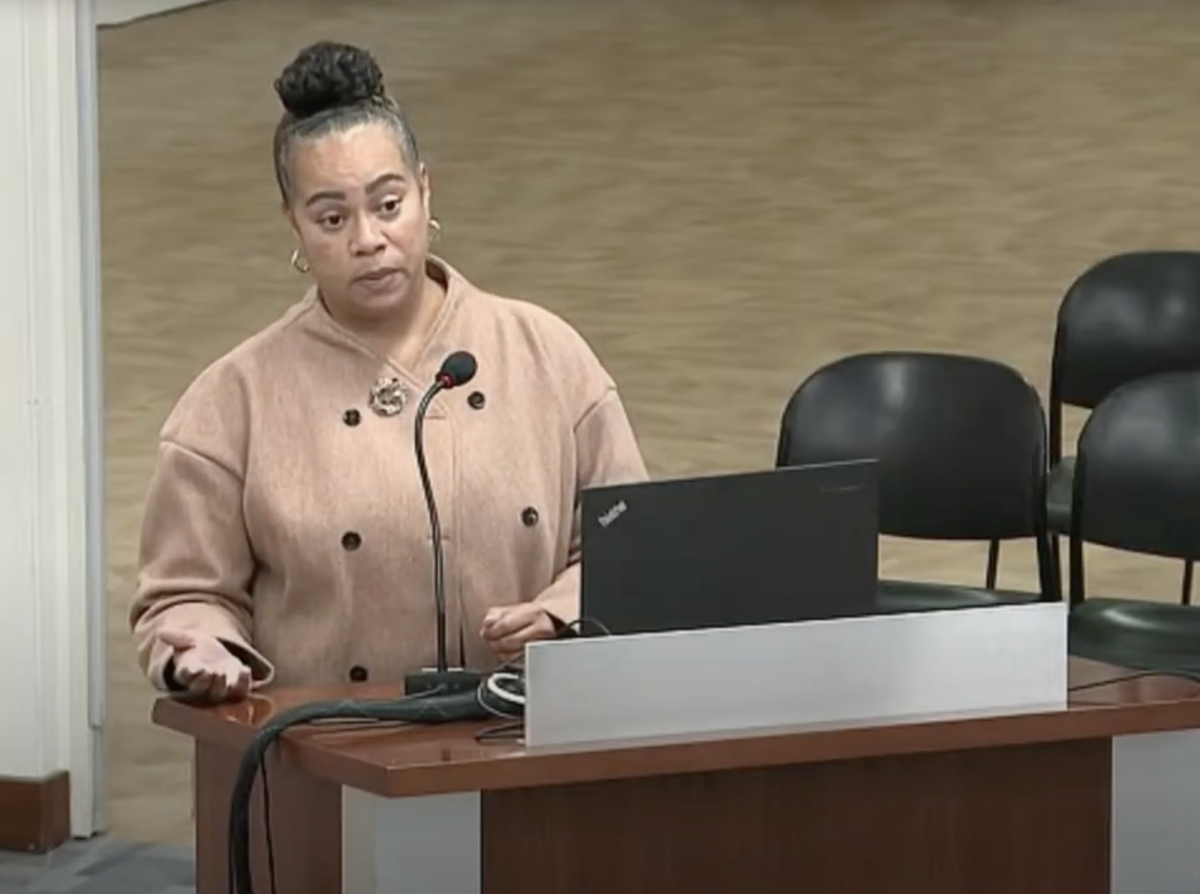Why you should protect yourself online — and how to do it

By Brian Howey
We have entered an age where privacy is no longer a right — if you want to keep it, you’re going to have to fight for it.
Congress just let your internet provider run wild with your browsing history.
Once again, we’re reminded how easily internet privacy can be compromised.
FBI Director James Comey has said, point blank, that there is “no such thing as absolute privacy in America.”
But it’s not time to give up. We have an ever-growing arsenal of privacy-protecting tools at our disposal, so no more lousy excuses about not taking action.
Phrases like “there’s nothing I can do about hackers and/or government agencies spying on me,” and “I have nothing to hide” are ridiculous.
Neither phrase holds water.
Tackling the first argument only takes a bit of research.
The prospect of taking on near-mythical agencies such as the NSA and CIA may seem daunting, but a bit of digging will turn up all sorts of privacy-protecting tools that range from user-friendly to technically complex.
We have an ever-growing arsenal of privacy-protecting tools at our disposal, so no more excuses about not taking action.
—
Using a VPN (Virtual Private Network) and encrypted messaging services are great first steps toward securing privacy on the internet.
Confused? Start down the rabbit-hole at privacytools.io, and be sure to watch the TED Talk “Why Privacy Matters” by Glenn Greenwald.
Remember: technology is always changing. It’s your responsibility to keep up.
As for the “I have nothing to hide” argument, there is a perfectly simple counter: Would you give away the passwords to all of your email and social network accounts to a complete stranger?
What if they promised it was for your own good?
If no, then why are you content to allow the Federal Government to collect your metadata, hack your electronics, and sift through your emails? You don’t have anything to hide, right?
Right?
Brian Howey is a staff writer at the Laney Tower. E-mail him at
[email protected].

























